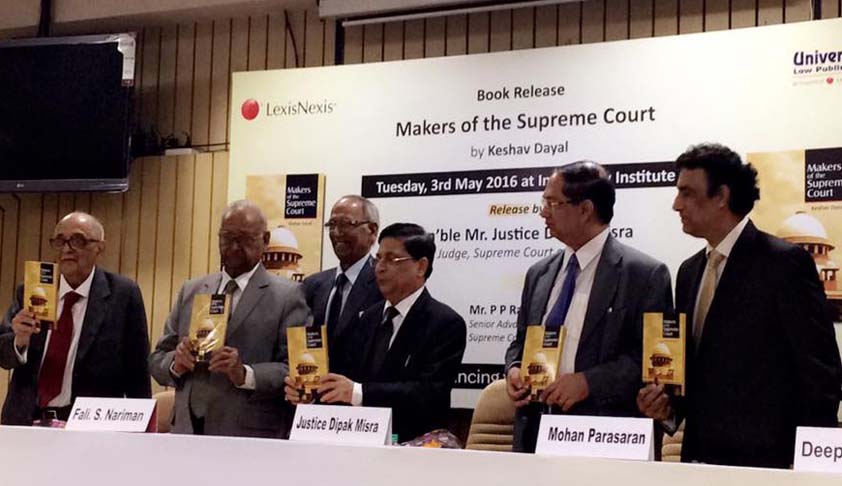At a well-attended function at Indian Law Institute on 3rd May, Justice Dipak Misra released the book, “Makers of the Supreme Court”, authored by Keshav Dayal, and published by Universal Law Publishing Company, an imprint of LexisNexis.Speaking on the occasion, Justice Dipak Misra said a man can live without water for seven days, without air for one or two minutes, but if he is not...

